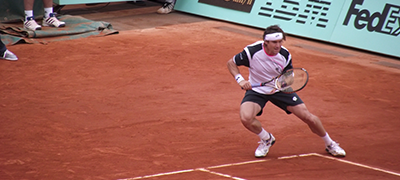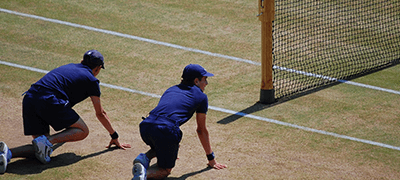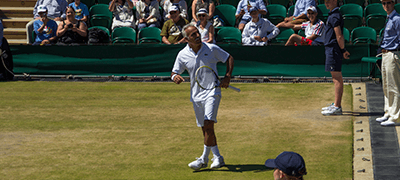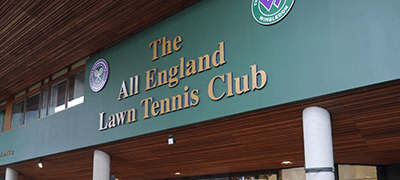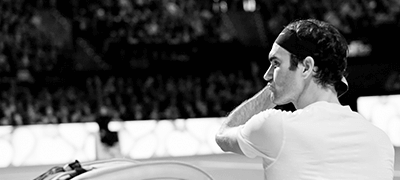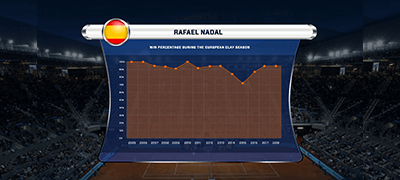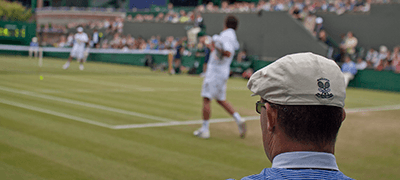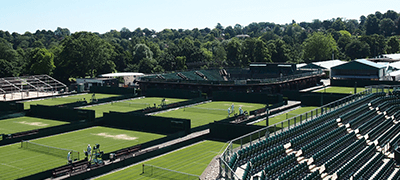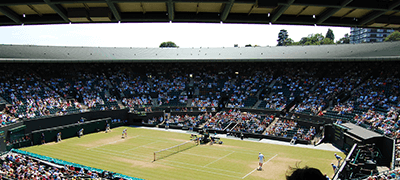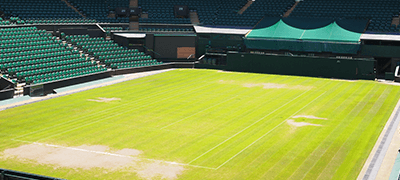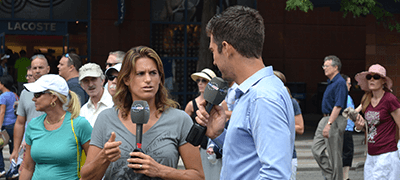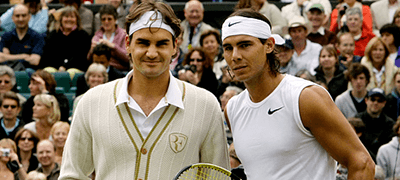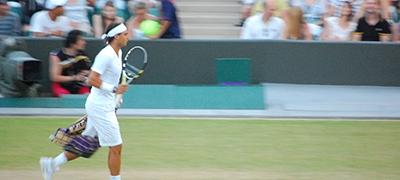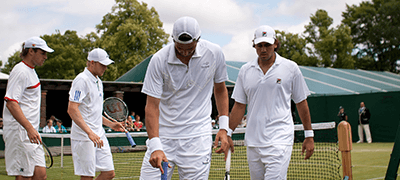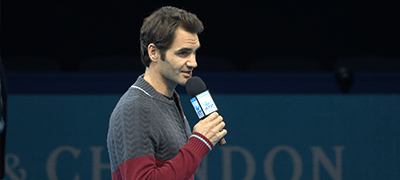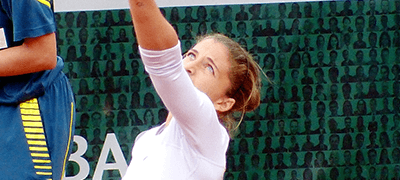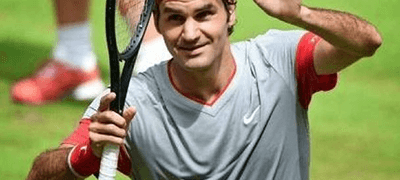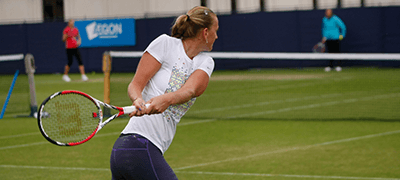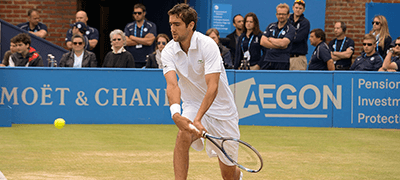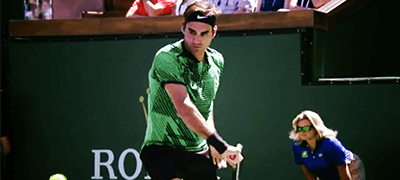The flag bearer of Moldovan tennis
May 28 4 min read
12:24 pm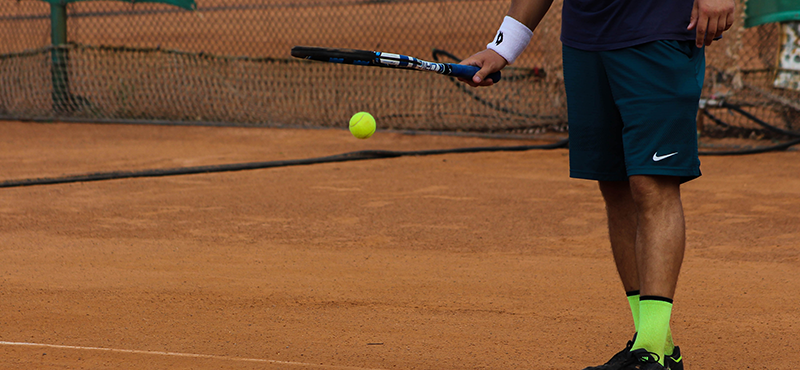
“He’s a very good grinder player and he doesn’t miss much. I’ve got to really focus on him”
These were the words of Asia’s best male tennis player, Kei Nishikori, upon learning he was set to face Moldova’s Radu Albot in the second round at the inaugural New York Open earlier this year. Albot stormed into the second round after defeating home favourite John Isner 7-6 3-6 6-3. Reasonably, Nishikori felt the sense of a challenge to overcome as the player he was about to face on the other side of the net went by the nickname ‘Machine.’
Albot currently sits inside the top 100 players (#97) despite having never won a singles title at professional level. The Moldovan poses as a younger version of David Ferrer - a player who never gifts his opponent a point but rather makes him earn it.
Born to a dentist mother and a father who works at the Ministry of Internal Affairs, Albot first picked up a tennis racquet at the age of eight. As a junior, He defeated Grigor Dimitrov and Milos Raonic and reached the world no.11 ranking in the juniors category in 2007. The energetic Moldovan marched forward, capturing 14 Futures titles with over 150 wins on the Futures circuit. He had success on the doubles circuit as well by claiming seven titles.
After a successful stint at the Futures level, he boomed onto the Challenger circuit, winning six titles - twice at Fergana and once at Kolkata, Furth, Poznan and Shenzhen. He also continued his doubles success, having snared eight Challenger doubles titles so far.
Albot’s biggest win of his career came at Istanbul in 2015 when he won the doubles title partnering Dusan Lajovic. The same year, he reached the quarter-finals at Roland Garros partnering Lukas Rosol. The duo lost to the Italian pair of Simone Bolelli and Fabio Fognini. This was also the year when Albot became the first Moldovan in history to break into the top 100.
During 2016, Albot reached the main draw at 10 ATP tournaments, but progressed past the first round only three times. Three of his six Challenger titles were won in 2016 and he also qualified for three Grand Slams, taking his first Grand Slam scalp at Wimbledon by defeating Gastao Elias. Albot fell to Bernard Tomic in the next round in four sets. He came dangerously close to defeating Viktor Troicki in the opening round at Flushing Meadows. The Moldovan was up two sets to love, before falling to the Serbian in a fifth set tie-break.
Albot qualified for his first Masters tournament at Indian Wells in 2017, where he lost in the first round yet again. However, his qualifications helped him to achieve a career high ranking of World No.81. At Antalya, he even reached his first ever ATP Tour level quarter-final, defeating Sousa and Lorenzi before losing to to Andreas Seppi. Facing David Goffin in the second round at Gstaad, Albot won the first set 6-2 and had four match points in the second set, however, failed to convert any of them. The Belgian took this opportunity and won the second and third sets in tie-breakers. Albot gained a direct entry into all the slams’ main draw except the US Open in 2017 where he achieved his best result at a major by reaching the third round.
It has been a decade since Albot turned pro and he has been a source of inspiration for many young athletes in Moldova. After recording many ‘firsts’ by a Moldovan in the tennis history books, Albot now eyes a deeper run in the main draws. However, 2018 hasn’t been a smooth road for him. Including Challenger tournaments, he has already entered 17 tournaments with the season not even at the halfway mark. Out of these seventeen tournaments, he has faced opening round defeats in 13 tournaments.
The 28-year-old Moldovan has won 19 singles ties and 10 doubles ties for his country at the Davis Cup. His 29-13 record are the best numbers recorded by a Moldovan tennis player. When asked about his plans after his tennis career, the World No.97 said,
“I think I would like to stay in tennis, in sport, maybe to open an academy in my country because tennis and everything is not really well developed in my country and I would like to help the kids get better. There is not really a player who is coming behind me. As a professional, there are no ranked players. So maybe I would like to improve the sport in my country and create some possibilities for the younger kids.”



